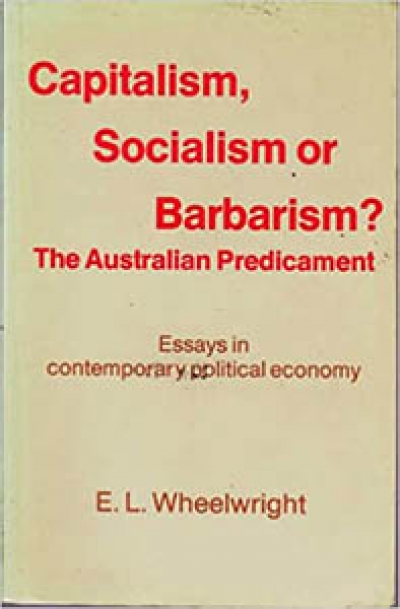Central to this collection of essays by Ted Wheelwright is the argument that orthodox economics is a positive hindrance to any real understanding of the problems of the last quarter of the twentieth century. A rebirth of the political economy is necessary to remove the stench (from the corpse of orthodox economics) that is polluting the social sciences.
Now, it is certainly true that orthodox economics (that is the economics taught in ninety-nine per cent of our Universities, practised by Treasuries around Australia and spiritual descendant of Adam Smith, sometimes modified by Keynes) casts little light on some of the most acute problems of our era – the coexistence of unemployment and inflation, the (Mal) distribution of income between classes, the persistence of poverty, the power of the multi-nationals, etc.
...
(read more)



